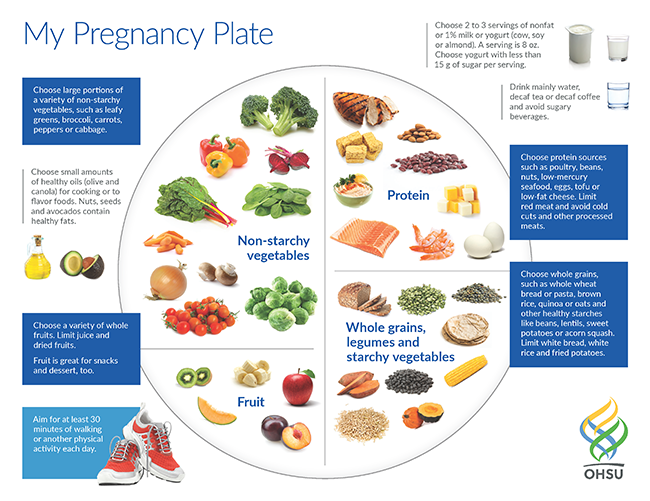
Diet Nutrition for a Healthy Pregnancy
Introduction
Pregnancy is a transformative journey that requires a balanced and nutritious diet to support both the mother and the developing baby. A well-rounded diet during pregnancy can promote fetal growth, reduce the risk of pregnancy complications, and improve the overall health of the mother. This article explores the essential nutrients, food groups, and dietary recommendations for a healthy pregnancy.
Essential Nutrients for Pregnancy
- Folic Acid: Essential for preventing neural tube defects in the baby.
- Iron: Prevents anemia in the mother and supports fetal growth.
- Calcium: Builds strong bones and teeth in the baby and maintains bone health in the mother.
- Vitamin D: Aids in calcium absorption and supports bone development.
- Omega-3 Fatty Acids: Crucial for brain and eye development in the baby.
- Protein: Supports fetal growth and tissue repair in the mother.
- Carbohydrates: Provide energy for the mother and baby.
- Fiber: Promotes digestive health and prevents constipation.
Recommended Food Groups
- Fruits and Vegetables: Rich in vitamins, minerals, antioxidants, and fiber. Aim for at least five servings per day.
- Whole Grains: Provide complex carbohydrates, fiber, and B vitamins. Choose whole-wheat bread, brown rice, and quinoa.
- Lean Protein: Supports fetal growth and tissue repair. Include lean meats, poultry, fish, beans, and tofu.
- Dairy Products: Excellent sources of calcium, protein, and vitamin D. Choose low-fat or non-fat milk, yogurt, and cheese.
- Healthy Fats: Provide energy and support fetal brain development. Include olive oil, avocados, nuts, and seeds.
Dietary Recommendations
- Calorie Intake: Calorie needs increase during pregnancy. Aim for an additional 340 calories per day in the second trimester and 450 calories per day in the third trimester.
- Protein: Aim for 71 grams of protein per day.
- Iron: 27 milligrams per day.
- Calcium: 1,000 milligrams per day.
- Vitamin D: 600 IU per day.
- Omega-3 Fatty Acids: 200 milligrams of DHA per day.
- Fiber: 25-30 grams per day.
Foods to Avoid or Limit
- Raw or Undercooked Meat, Poultry, and Fish: Can contain harmful bacteria.
- Raw Eggs: May contain Salmonella.
- Unpasteurized Milk and Cheese: Can contain harmful bacteria.
- High-Mercury Fish: Limit intake to 12 ounces per week.
- Alcohol: Avoid alcohol consumption during pregnancy.
- Excessive Caffeine: Limit caffeine intake to less than 200 milligrams per day.
Supplements
In some cases, prenatal supplements may be recommended to ensure adequate nutrient intake. These supplements typically contain folic acid, iron, calcium, and vitamin D. It is important to consult with a healthcare provider before taking any supplements.
Hydration
Staying hydrated is crucial during pregnancy. Aim for eight glasses of water per day. Fluids help transport nutrients, regulate body temperature, and prevent constipation.
Meal Planning
- Breakfast: Oatmeal with fruit and nuts, whole-wheat toast with peanut butter, yogurt with berries.
- Lunch: Salad with grilled chicken, whole-wheat sandwich with lean protein, soup and crackers.
- Dinner: Salmon with roasted vegetables, lean beef tacos, chicken stir-fry with brown rice.
- Snacks: Fruit, vegetables, yogurt, nuts, trail mix.
Conclusion
A balanced and nutritious diet is essential for a healthy pregnancy. By incorporating the recommended nutrients, food groups, and dietary recommendations, pregnant women can support the growth and development of their baby while maintaining their own well-being. Consulting with a healthcare provider or registered dietitian can provide personalized guidance and ensure an optimal diet for both mother and child.